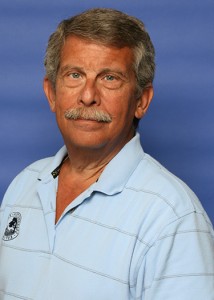By now you have been attempting to create your research question. Frankly this is one of the most challenging aspects of your project. I strongly suggest you view the Empire State College’s webpage concerning formulating a research question. In particular, focus on the eight steps of evaluating your question which are reprinted here.
1. Does the question deal with a topic or issue that interests me enough to spark my own thoughts and opinions?
2. Is the question easily and fully researchable?
3. What type of information do I need to answer the research question?
e.g., The research question, “What impact has deregulation had on commercial airline safety?,” will obviously require certain types of information:
—statistics on airline crashes before and after
—statistics on other safety problems before and after
—information about maintenance practices before and after
—information about government safety requirements before and after
4. Is the scope of this information reasonable? (e.g., can I really research 30 on-line writing programs developed over a span of 10 years?)
5. Given the type and scope of the information that I need, is my question too broad, too narrow, or o.k.?
6. What sources will have the type of information that I need to answer the research question (journals, books, internet resources, government documents, people)?
7. Can I access these sources?
8. Given my answers to the above questions, do I have a good quality research question that I actually will be able to answer by doing research?
 You Tube, opening a discussion of plagiarism and cheating in Academia. When faced with the knowledge that up to 1/3 of his class of 600+students cheated, the Professor uses his class time to address the issue. His lecture is both methodical and passionate. Among the many issues that are raised with this scandal is the use of test banks in courses.
You Tube, opening a discussion of plagiarism and cheating in Academia. When faced with the knowledge that up to 1/3 of his class of 600+students cheated, the Professor uses his class time to address the issue. His lecture is both methodical and passionate. Among the many issues that are raised with this scandal is the use of test banks in courses.
